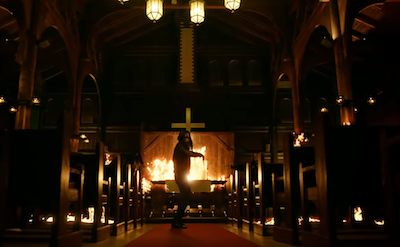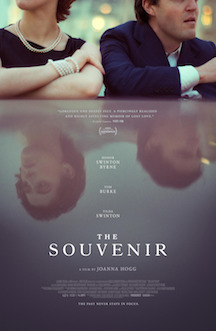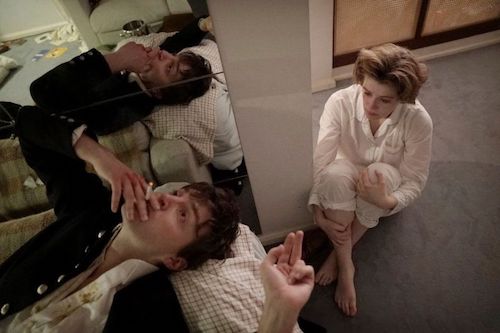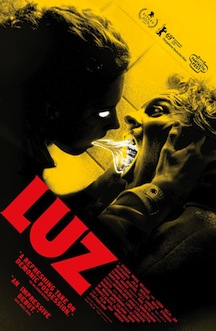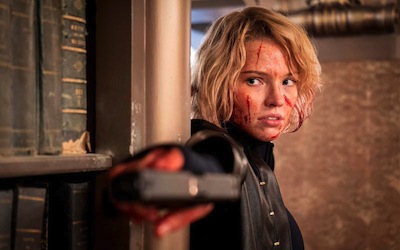Direction: Eddie Mensore
Country: USA
West Virginia native Eddie Mensore didn’t base Mine 9, his sophomore feature film, on any particular true event but rather on several that have been happening over time. His realistic dramatization of an underground accident is felt like a plaintive ballad honoring the hard-working miners who, remaining long hours below the surface, expose themselves to a number of dangers.
Both the suffocating claustrophobia and continuous tension fuel this authentic depiction of a methane explosion inside a mine, in which nine Appalachian miners become trapped with limited oxygen and some painful wounds.
The controversial decision of going back to work when the safety is being questioned for a long time, weighs a lot here. On one hand, the unstable system that allows people in the dark tunnels is far from reliable, but, on the other hand, the workers don’t want the place to be shut down since they're in desperate need of their wages in a region that is economically vulnerable.
Images, music, and acting contribute in equal measure to capture the atmosphere of a small mining community whose resilience to mishap is remarkable. The simple storyline and real-life backdrop (in addition to a warehouse in Atlanta, Georgia, Mensore filmed in a real mining environment in Buchanan County, Virginia) were fundamental to success, in a drama equal parts tragedy and compassion.





